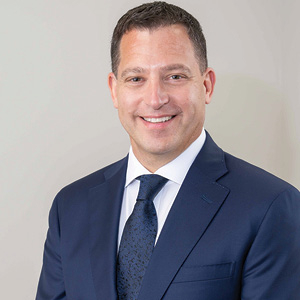Florida’s Senate Bill 102, known as the Live Local Act, is now law and aims to address gaps in affordable housing while supporting members of the state’s growing workforce within their communities. The legislation requires local governments to provide multifamily and mixed-use affordable housing in various commercial, industrial and mixed-use areas. Depending on county and municipal provisions, developments must be the highest density allowed, a factor that legal experts suggest could further stimulate Florida’s real estate market.
Despite this new legislation, which has been met with sweeping approval and set aside roughly $700 million in funding, created tax breaks and provided a variety of zoning-based development incentives, there is still an abundance of glaring roadblocks. The primary obstacle at the forefront of local discourse and one less visible aspect of the law is that provisions practically overlook county and municipal zoning controls regarding building height and density. The overarching concept behind the act is to enable property developers to take on significant construction projects while, in return, setting aside a portion of apartments for residents who fit a specific income qualification.
Initially touted as a relatively robust and comprehensive effort to address Florida’s affordable housing crisis, the legislation mandates that municipalities and counties are required to greenlight said projects without needing public hearings, in which elected officials solicit feedback, hold deliberations and vote on submitted proposals. This notion also applies to projects significantly exceeding pre-existing height and density limitations, stating that cities are forced to accept whatever parameters developers propose.
Outspoken critics of the act, including the City of Doral’s Mayor Christi Fraga, fear this could ultimately lead to overdevelopment and a drastic increase in litigation. “This is the epitome of what local preemption is and truly can change the characteristics of a neighborhood that can completely challenge the quality of life of our residents. It overrides measures we have in place to protect that. My goal is not to be sued, but I saw the uproar in the community and had to do something. My goal is to protect this community. I know developers have had their eyes on this bill for some time. It’s a gift for them,” stated Fraga, as reported by the Miami Herald.




























